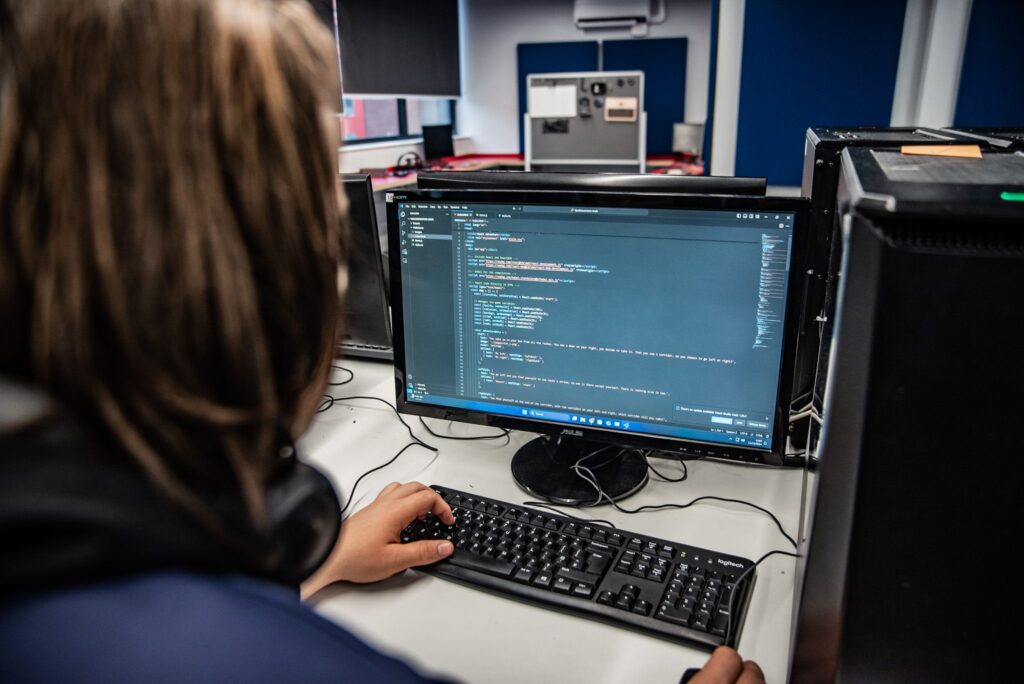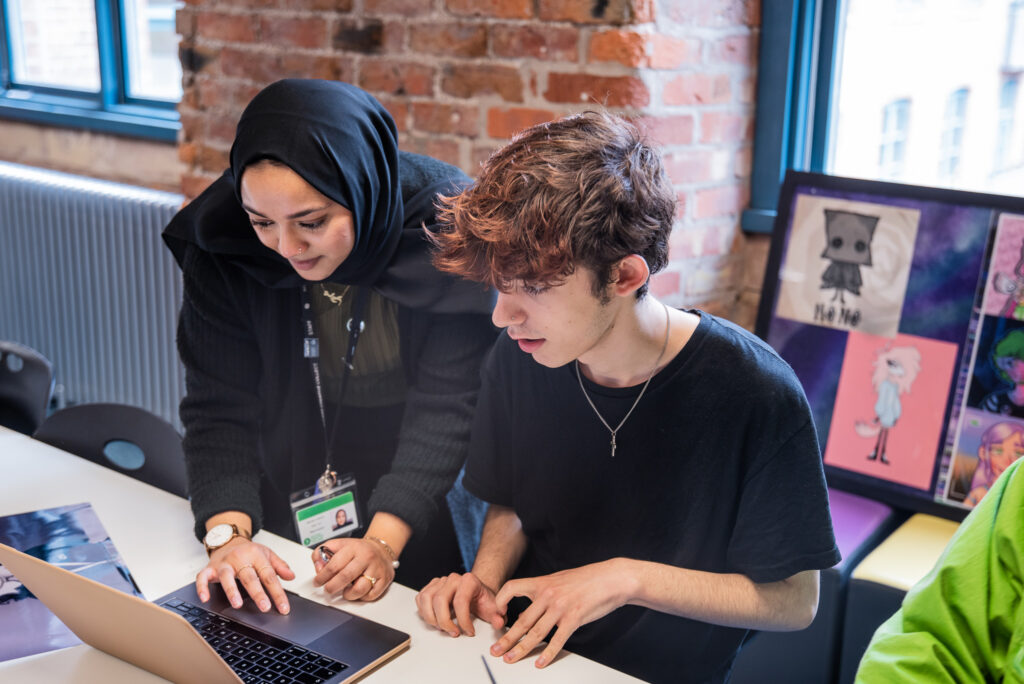Why is Esports the fastest growing sport?

Why has esports become the fastest-growing sport in the world? We explore this question. Esports have become a cultural powerhouse, drawing in diverse audiences, including people of all ages and backgrounds. We look into the story of esports’ rise, its evolution, its economic impact, and its future. What is esports? To understand why esports is […]
Do’s and Don’ts of Festival Fashion

Festival’s are a time for self-expression – an opportunity to really go wild and wear what makes you feel like you! But if you’re a little bit stuck on what to wear this festival season, we’ve got a few pointers for you. Check them out below. FASHION DO’S AND DON’TS DO’S DON’TS […]
How to film an amazing music video: A step-by-step guide

In this guide, we’ll go through everything you need to know to create a successful music video, from the initial concept to the final cut. We’ll explore techniques, offer practical tips, and introduce you to relevant tools. Crafting a music video requires creativity, technical skill, and a love for storytelling. For school leavers, budding filmmakers, […]
10 reasons to join a T Level course in 2025

This article explains T Level qualifications and why so many students choose to study them. T Levels, or “Technical Levels”, are two-year courses tailored to students aged 16 and above. They combine classroom learning with practical workplace training, offering a unique blend of academic study and real-world experience. Introduced in 2020, their popularity has grown […]
How to deal with assignment stress

The pressure of deadlines and the desire to excel in your studies can impact your mental health and academic performance. This blog post demystifies assignment stress, its causes, and provides practical steps to conquer it. What is assignment anxiety? Student assignment anxiety is a common issue, influenced by various factors that can impact a student’s […]
Access Creative College launches refurbished music studio for new generation of Lincoln musicians

Access Creative College Lincoln are celebrating the opening of a refreshed music studio at their campus on Clasketgate. The new studio has been rebuilt to a modern specification, allowing students studying Music Performance, Production and Technology to record music in a professional space and get the most out of their sound. The studio includes ‘hybrid’ […]
What is coding and what can it be used for?

In this article, we’ll explore coding and its many uses. From understanding the basics to discovering its applications, you’ll gain insights into why coding is a valuable skill today. At its core coding means creating instructions for computers, using programming languages. These instructions guide a computer on how to perform specific tasks. Understanding coding is […]
Top 10 Summer Music Festivals You Can’t Miss in the UK 2025

If you’re a music enthusiast or a festival-goer, here are the top 10 summer music festivals in 2025 you can’t afford to miss. 1) Glastonbury Festival Glastonbury Festival is the Mecca of all music festivals, a global cultural event that has been drawing crowds for over five decades. From its humble beginnings as the Pilton […]
International Women’s Day: A Story Of Working In Education

“If you can do better, do better” is a mantra that was lovingly drilled into me by my Nan, the most influential leader and one of the strongest women I’ve ever had the pleasure to know. It shaped me, and my story – especially in the early years of my education and career. However – […]
ACC students embark on a once-in-a-lifetime creative education experience in South Africa

On 29th March, 14 ACC students will embark on a once-in-a-lifetime adventure to South Africa, as part of a trip organised by Bridges For Music Academy. Focused on community engagement in Langa, the first township in South Africa, volunteers will work at the Bridges For Music Academy as part of their music team, taking part […]
Leading the way on teacher training with Access Forward

Without wanting to state the obvious, great teachers are a vital component of a great education. Teachers don’t just deliver course material to learners – they inspire confidence, support aspirations and build rapport that allows them to support every person they teach to reach their full potential. Teaching can be complex and intensive, but it’s […]
How are T Level grades calculated?

This guide will explain the grading system, explain what your grades mean for progression, and provide tips to help you achieve top marks. You’ll also learn how T-levels convert to UCAS points, making them a great option for university progression. T Levels are a relatively new qualification designed to provide students with a blend of […]












